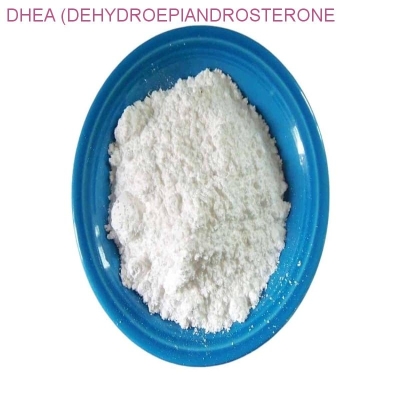-
Categories
-
Pharmaceutical Intermediates
-
Active Pharmaceutical Ingredients
-
Food Additives
- Industrial Coatings
- Agrochemicals
- Dyes and Pigments
- Surfactant
- Flavors and Fragrances
- Chemical Reagents
- Catalyst and Auxiliary
- Natural Products
- Inorganic Chemistry
-
Organic Chemistry
-
Biochemical Engineering
- Analytical Chemistry
-
Cosmetic Ingredient
- Water Treatment Chemical
-
Pharmaceutical Intermediates
Promotion
ECHEMI Mall
Wholesale
Weekly Price
Exhibition
News
-
Trade Service
The production process of 7-methoxy-isoquoline, also known as 7-methoxy-2H-isoquinoline, is an important step in the chemical industry.
This compound is widely used in the production of various pharmaceuticals, agrochemicals, and other chemical products.
The production process of 7-methoxy-isoquoline involves several steps, starting from the extraction of the raw materials, followed by their purification, conversion into the desired product, and finally, the packaging and distribution of the final product.
In this article, we will go through each of these steps in detail.
- Extraction of raw materials: The production of 7-methoxy-isoquoline involves the use of several raw materials, including isoquinoline alkaloids, which are extracted from the leaves of the plants of the Convolvulaceae family, such as the Madagascar periwinkle plant.
- Purification of raw materials: After the extraction of the raw materials, they are purified to remove any impurities, such as other alkaloids and organic acids.
This purification process is essential to ensure the quality of the final product. - Conversion of raw materials: The purified raw materials are then converted into 7-methoxy-isoquoline through a series of chemical reactions.
The conversion process involves several steps, including reduction, dehydration, and substitution reactions, which are carried out using various chemical reagents and catalysts. - Quality control: The final product is then subjected to a series of quality control tests to ensure that it meets the required standards for purity, composition, and efficacy.
The tests are carried out using various techniques, such as spectroscopy, chromatography, and microbiological assays. - Packaging and distribution: After the successful completion of the quality control tests, the final product is packaged in appropriate containers, such as bottles, vials, and ampoules, depending on the intended use.
The packaged product is then distributed to various pharmaceutical companies, research institutions, and other industries that require it.
In conclusion, the production process of 7-methoxy-isoquoline is a complex and multi-step process that involves the extraction and purification of raw materials, their conversion into the desired product, and finally, the packaging and distribution of the final product.
The production process is carried out under strict quality control measures to ensure the safety and efficacy of the final product.







